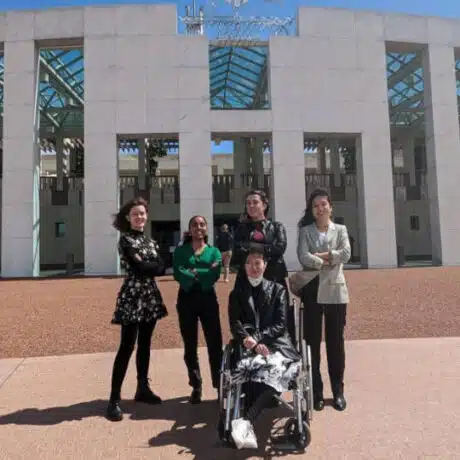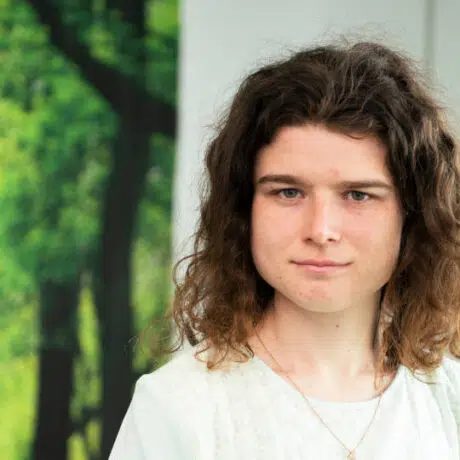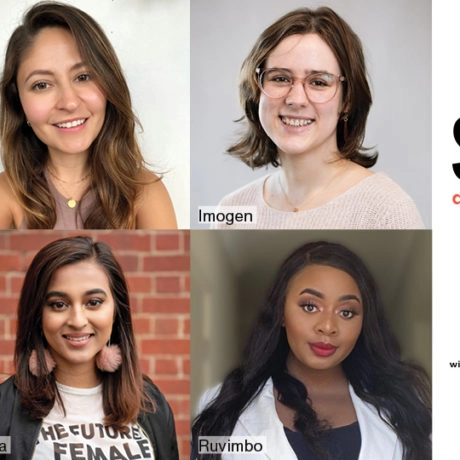News and Stories - Youth - 13 July 2018
How To Prepare Your Kids To Become Global Citizens
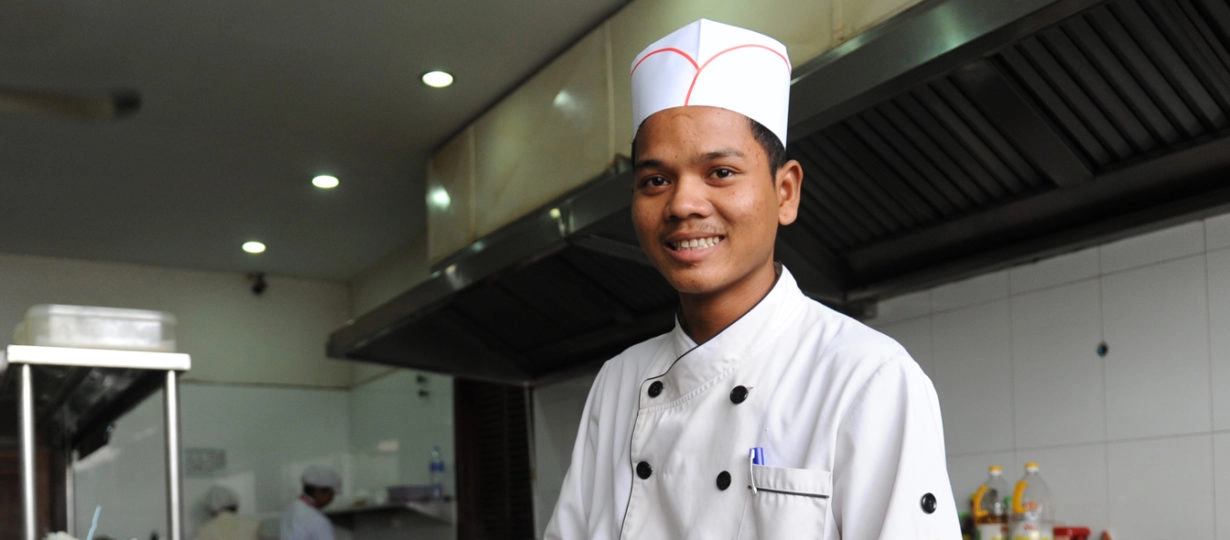
How many times were you asked “what do you want to do when you grow up?”
It’s one of those questions we often get asked time and time again, whether as kids, as teens, and especially any time we’re transitioning from education into ‘the real world’. It’s a question asked to young people in the hope that their education may have steered them to where they want to be in the workforce.
Some people from an early age have their mind made up, but for others the pressure to have an answer can be overwhelming.
Across the globe young people are finding it more and more difficult to break into the workforce and find meaningful work.
Research has found that, of 8,000 Millennials surveyed across 30 countries, most view the world as unfair and threatening. 64% of those in developed countries believe they will not be as financially stable as their parents – with 69% believing they will be “less happy” than their parents. Yet despite these figures, young people are still motivated to take action and drive change in the world, as 77% of those surveyed are involved in a charity, and 88% believe business is a force for social change.
We know so many young people care about the world, so what are some of the things parents and guardians can do to foster these motivations in a way that steers them to finding fulfilling work?
8 in 10 employers say that awareness of the wider world is important when recruiting new employees. Young people looking to enter the workforce are required to demonstrate skills in global citizenship – an increasingly popular idea. Universities use the term to promote global awareness and international education, whilst businesses use it to highlight their commitment to corporate social responsibility and sustainability around the world. It’s also a movement that charities, like Plan International Australia, are part of – such as the use of online activism and social media to work toward ending global poverty and inequality.
What is a global citizen?
Being a global citizen generally involves three parts; awareness (both self-awareness and of others), responsibility, and participation. These three parts can be helpful talking points for parents and guardians when getting children and young people to think about what they might want to do – because it centres on who they might want to be. These three elements can generate healthy discussions with children and young people about how to develop greater awareness of themselves, their behaviours, and those of others – as well as around the responsibilities when transitioning from a teenager to adult, and how they might find and participate in communities or causes that they care about.
By discussing what it means to be a global citizen, young people can begin to build the skills and experience they need to enter an industry and job they care about.
So what are some practical things young people can do to become a global citizen?
A good first step young people can take is to volunteer for an organisation or professional association that aligns with their interests or addresses an issue they care about. Volunteering is a great way for young people to explore their interests and get involved with a community to develop the skills they need to enter the workforce. It also provides them with an opportunity to form strong connections with like-minded individuals, which can eventually lead to potential employment. Many organisations like Plan International Australia look favourably on applicants with volunteer experience, as it demonstrates their work ethic and eagerness to work for a cause they truly care about.
Plan International Australia’s Youth Activist Series (YAS) is a program where young women and gender diverse people can come together and drive change for gender equality within Australia and the world.
As part of a series of industry takeovers for the International Day of the Girl in October 2017, Keira Wright took over the ABC. “I felt as though I was a valued member of the team at both ABC, and Plan International Australia. I felt as though that my actions actually caused real change, and that I wasn’t just being used as the face of a young woman for either organisation. I learnt real, tangible skills that are relevant to my life and my future and was able to establish real industry connections.”
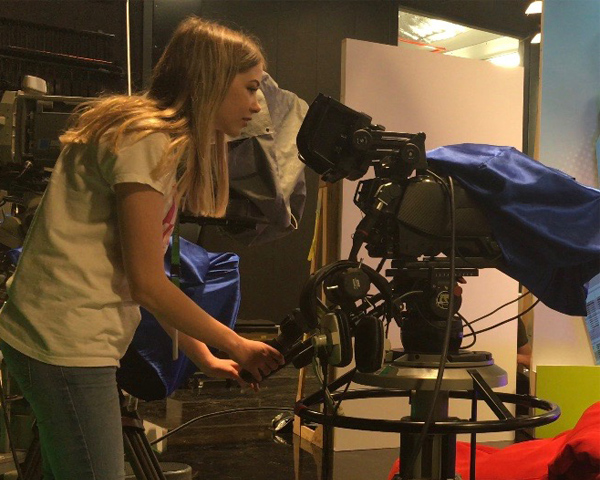
To help young people acquire the desired traits and skills of a global citizen, it’s important for parents to foster creative and critical thinking, open-mindedness, understanding of power relationships (relating to global issues), and optimism for a better world.
So perhaps rather than asking young people ‘what do you want to do?’, it’s time to ask ‘ what change do you want to see and help create in the world?’.
Interested in volunteering for Plan International Australia?
See our latest volunteer opportunities!



